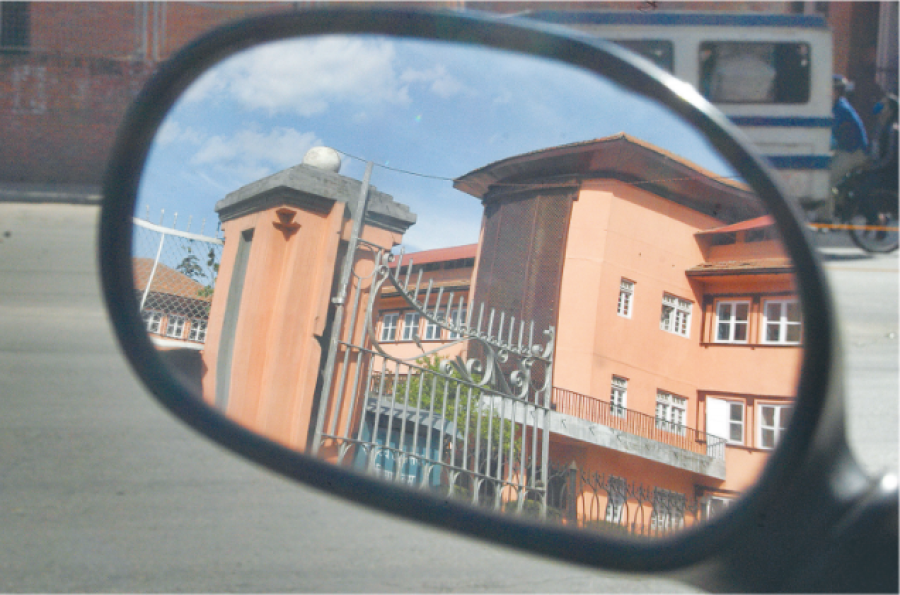Editorial
Oli flew too high
The judiciary has rescued Nepal’s parliamentary democracy and averted a constitutional disaster.
Once again, the Supreme Court has come to the rescue of Nepal’s fragile democracy. On Monday, the five-member Constitutional Bench of the top court overturned Prime Minister KP Sharma Oli’s dissolution of the House of Representatives and ordered President Bidya Devi Bhandari to appoint Nepali Congress President Sher Bahadur Deuba as prime minister as per Article 76 (5) of the constitution.
Having defenestrated Oli, the court has finally applied the emergency brake on the democratic process that was long being derailed as the prime minister and the president fiddled with the constitution time and again. The verdict marks a triumph of constitutionalism as well as the reassurance that the judiciary could come to the rescue of the democratic polity when virtually all options have been used up.
The road ahead may not be bereft of challenges as Deuba faces the task of proving his majority in Parliament within a month. We are once again back to the arithmetic politics of Parliament. But at least, there has been a course correction in the country’s democratic process. What the Supreme Court judgement has established is that democracy cannot be derailed by the whim of an individual leader or party, which has been the case for the past several months, especially after Oli dissolved the House on December 20 last year.
The court order has also given precedence to the individual agency of lawmakers ruling that, as elected representatives of the people, they are free to defy the party whip to make their choices when it comes to deciding their vote of confidence in the next prime minister.
We should never have come to this situation in the first place. Having given one of the biggest electoral mandates in history in the 2017 general elections, people had genuinely hoped that Oli, as prime minister, would lead the country on the path to prosperity. Instead, he became a Frankenstein’s monster, shaking the very foundations of the democracy that ushered him to the top.
The role played by President Bidya Devi Bhandari in authenticating Prime Minister Oli’s undemocratic activities cannot be forgotten. For each of Oli’s misadventures, there was President Bhandari acting as a rubber stamp rather than as a check-and-balance institution. President Bhandari’s term will be remembered as a textbook case of how a constitutional head can turn against the constitution.
Together, the Oli-Bhandari duo used every trick in the book to push the country into one crisis after another even as they pursued a politics of vengeance. But the game Oli and Bhandari played is nothing new in Nepali politics. What is to be remembered is that the individuals into whose hands the mantle of democracy has been transferred are the ones who have a history of derailing the democratic process in their own right—the last such instance being the abortive impeachment motion against chief justice Sushila Karki in 2017.
As much as it is a time for celebration, it is also a time for continued vigilance to see that the transfer of power from Oli to Deuba happens in a democratic spirit.




 13.12°C Kathmandu
13.12°C Kathmandu














